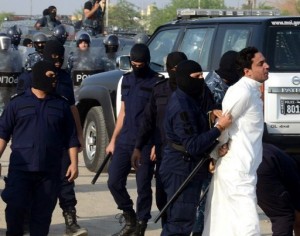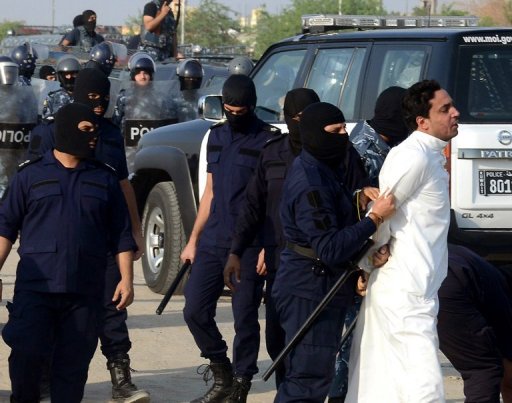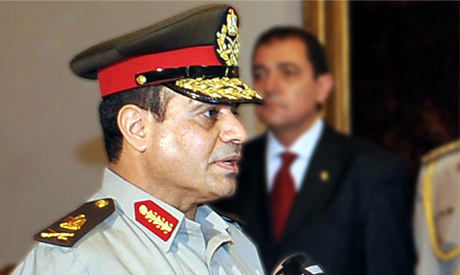
Kuwait City, (AFP) — Kuwaiti riot police on Sunday fought with tens of thousands of angry protesters, using tear gas, sound bombs and rubber bullets as activists reported several people injured and many arrests, witnesses said.
They said that they saw at least 10 men on the ground apparently after inhaling tear gas, and former MP Abdullah al-Barghash told AFP he saw injured men being taken to hospital in ambulances.
Barghash and other activists put the number of protesters at more than 100,000, which would be the largest gathering in the history of the Gulf state, but independent onlookers estimated the crowd at more than 30,000. Police made no estimate.
The opposition called the demonstration to protest against a decision by Emir Sheikh Sabah al-Ahmad al-Sabah to amend the electoral law. Activists claim the change is aimed at electing a rubber-stamp parliament.
Riot police earlier prevented protesters from gathering at three sites set by organisers, using tear gas and batons to disperse them and arresting several people including former Islamist MP Waleed al-Tabtabai.
Later organisers asked protesters to gather at an alternative site in the capital where demonstrators cut off the country’s key seaside Arabian Gulf Road for several hours.
Masked police in full riot gear repeatedly fired tear gas and sound bombs and later used rubber bullets to disperse the crowds led by former opposition MPs.
“It looks like a battlefield,” Mohammad Rashed, a private sector employee, told AFP as he left the scene, accompanied by his wife and other relatives.
Earlier, riot police beat protesters gathering for the demonstration, organisers and witnesses said.
Several people including former Islamist MP Waleed al-Tabtabai were arrested, organisers said on their Twitter account.
Witnesses told AFP that riot police used smoke bombs to disperse crowds who began to gather at the three designated demonstration sites.
The organisers immediately changed the venue to an alternative location in Kuwait City and urged protesters not to clash with police.
Organisers had expected the protest to be “the biggest procession in the history of Kuwait,” and advised people to remain peaceful after a stern warning by authorities that they would prevent any “illegal” demonstration.
The demonstrators were scheduled to march on the Seif Palace which houses offices for the emir, crown prince and prime minister.
The interior ministry had cautioned that processions are illegal in Kuwait and that protesters could only gather in a square opposite the parliament building, warning it would deal harshly with violators.
Police cordoned off empty areas along the demonstration routes in an apparent bid to limit protester numbers by restricting parking, an AFP correspondent reported.
The protest was called by the Islamist and nationalist-led opposition in protest at a the emir’s decision to amend the electoral law, despite it having been confirmed by a court last month.
The emir on Sunday met bedouin tribal chiefs, and the official KUNA news agency cited many as expressing support for Sheikh Sabah, although tribal areas form the opposition backbone.
The opposition, which has decided to boycott polls called for December 1, said amending the electoral law amounted to a coup against the constitution.
In the latest clampdown on opposition leaders and activists, the public prosecution service issued an arrest warrant for a member of the scrapped 2012 parliament, Osama al-Munawer.
Munawer joins three former opposition MPs who have been in detention since Thursday. The prosecution on Sunday extended their detention by 10 days, according to Al-Humaidi al-Subaie, one of their defence lawyers.
Four opposition activists arrested on Monday after clashes with riot police were also in custody.
Political tension has strongly impacted the Kuwait Stock Exchange which shed 3.05 percent at the start of the business week on Sunday, the biggest single day loss in more than three years.
The wrangling in the OPEC member has stalled development despite abundant oil-driven surpluses of more than $400 billion.

